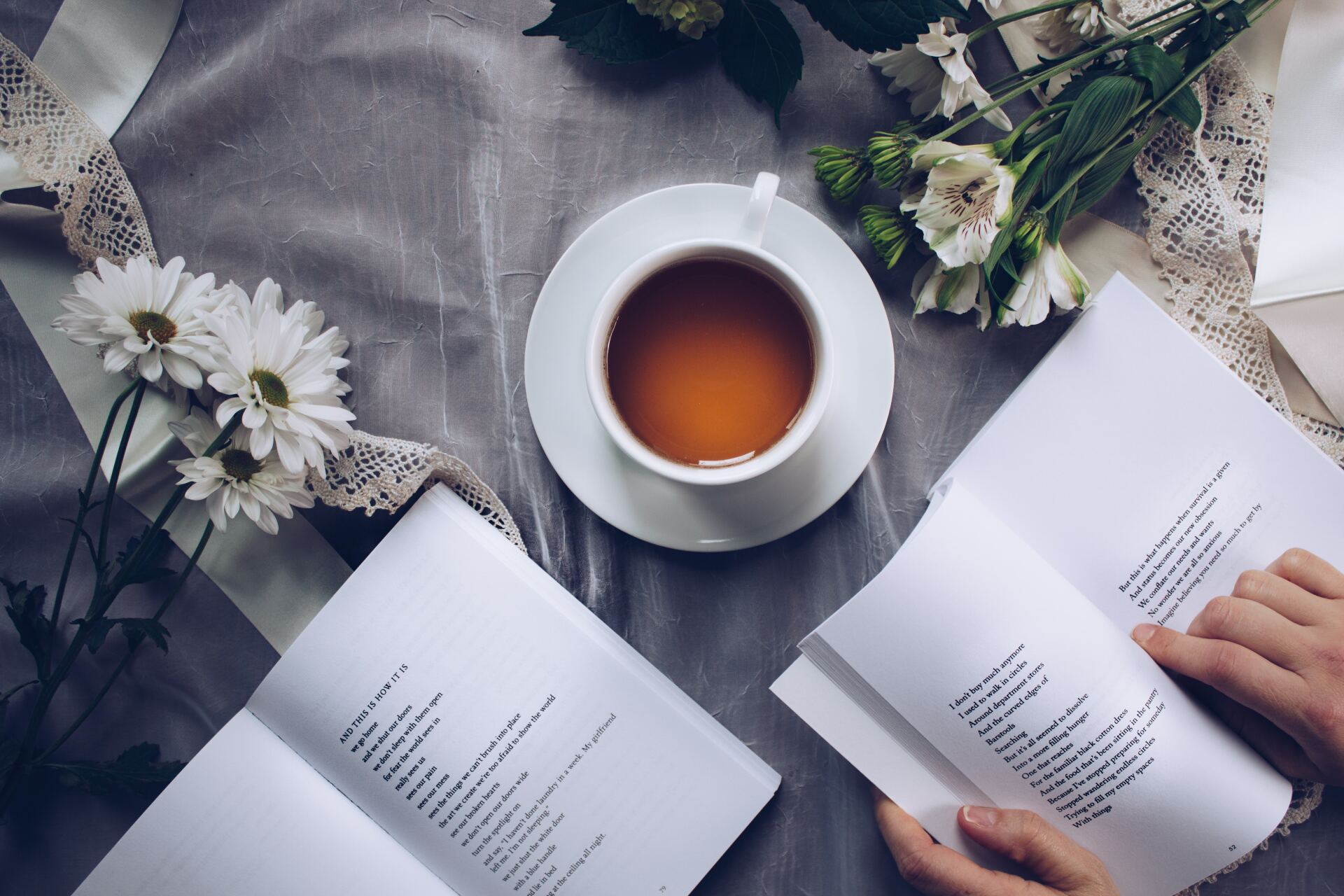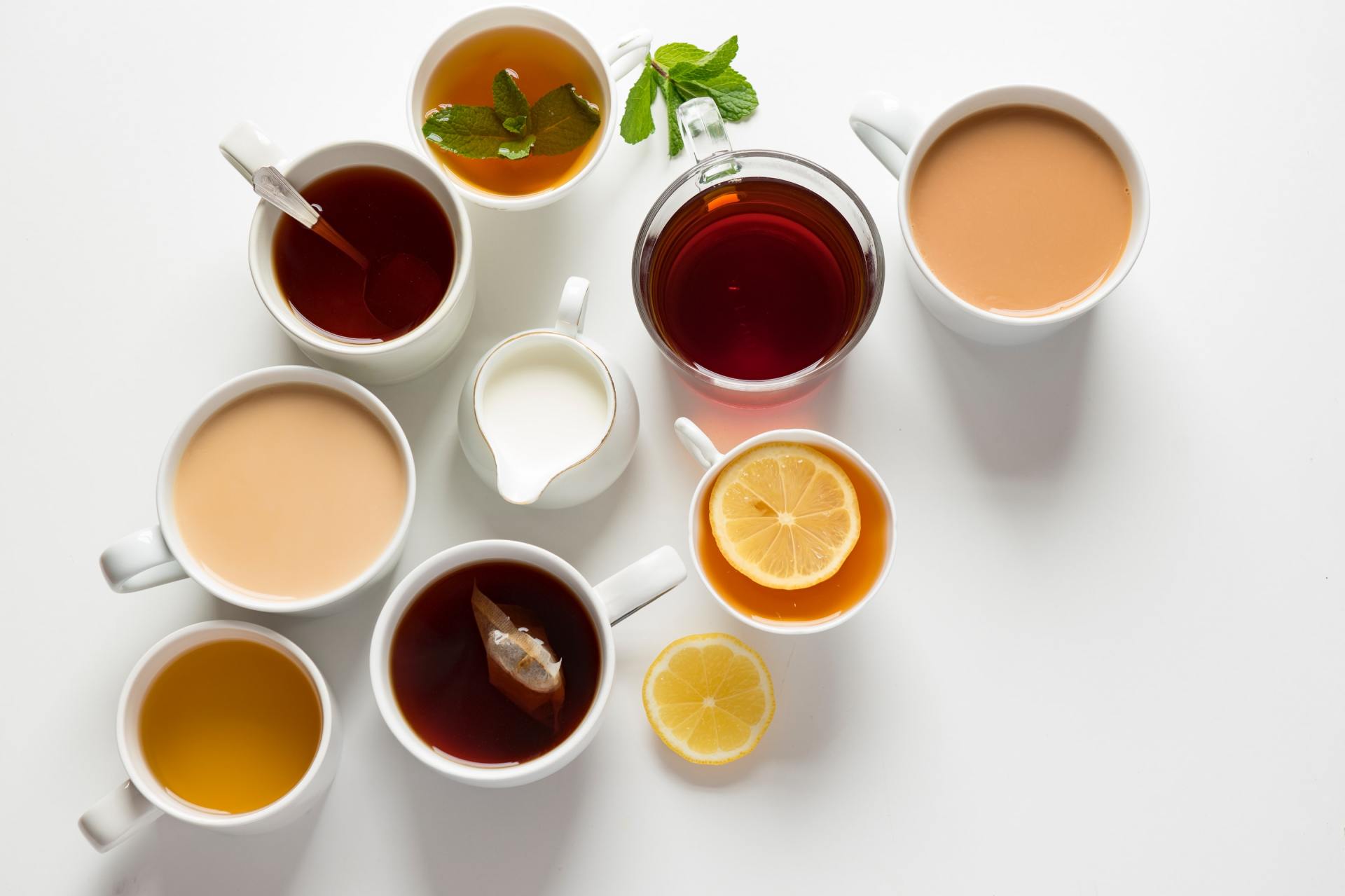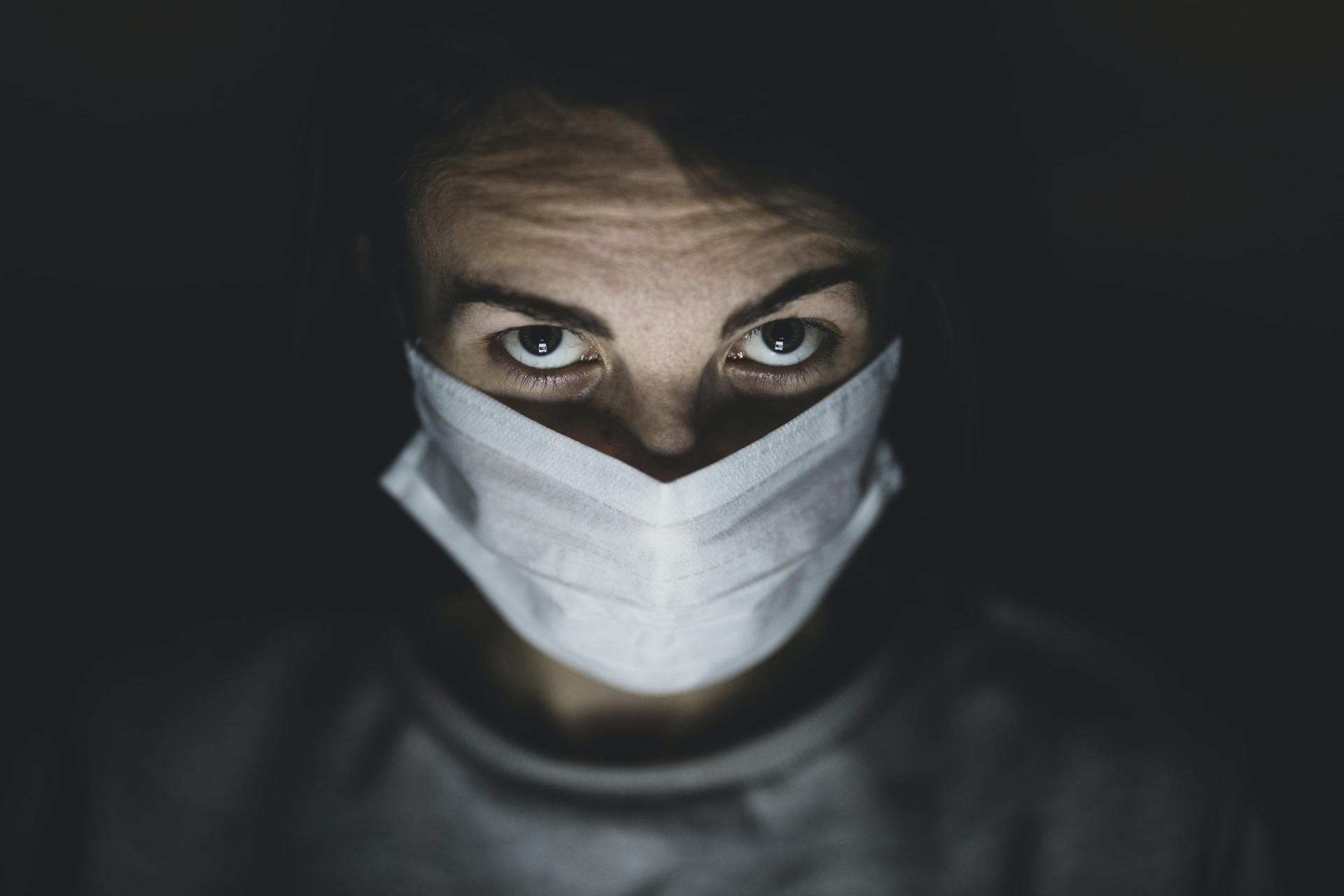
How reading before bed improves sleep

Reading is an amazing way of escaping from your own reality. When we become absorbed in a story that is not our own, whether that be via a book or a movie, we put aside our own moods, worries and emotions. The more empathic we are, the more we are able to put ourselves into the shoes of the characters and let go of our own personal narrative. The benefits of doing this before settling down to sleep, especially for us highly-sensitive empaths, are immense.
The ease by which we can fall asleep, the depth of that sleep and its length are all governed by how "safe" our brains feel at the time. If we are stressed, currently going though an emotional or practical upheaval, or are generally finding it difficult to switch off from the day, then our brain is going to want to keep us awake in order to continue its processing. Annoying as it is, this is simply your subconscious' way of sifting through data, resolving problems and (hopefully!) finding solutions.
While nothing will ever truly be a better option than dealing with whatever is stressing you out in daylight hours, it would be ridiculous to think that there will never be a time that you go to bed with something on your mind, and this is especially true for highly sensitive, empathic individuals. Reading a book (even for a short space of time) can offer you the distraction that you need to put this issue to one-side and drift off.
There are however some rules to remember when it comes to pre-sleep reading, particularly with regards to the content of what you read...
1) The topic should be interesting enough to capture your attention and stop you thinking about your worries. A text book may work, but only if you can actually concentrate on what you are reading without your brain wandering off on a tangent.
2) Reading about something you find emotionally disturbing (murder, rape, child abuse etc) will raise your blood pressure and heart rate, both of which are detrimental to sleeping well.
3) Reading a thrilling page-turner may lead you to still being awake at 2am because you just want to finish the next chapter, and the next, and the next (you get the idea!).
4) Picking a favourite book that you've already read can be a great idea - it will give you all the feels and distraction, without the need to continually page-turn as you already know what's coming.
5) If you find reading difficult because you are sight-impaired, dyslexic or have another form of reading difficulty, or simply because reading reminds you of an academic past you would rather forget, listen to an audiobook instead. You're still getting all of the sleep advantages of reading, but without the discomfort.
6) Never read anything related to your work just before bed. Reading should be about distancing yourself from stress, not inviting it in.
7) Be aware that reading on an electronic device means subjecting yourself to additional cues that now is not the right time for sleep (i.e. blue light exposure). Kindles don't smell or feel as good as a proper book either!
If you are finding it difficult to fall asleep and would like some further help in the form of some sleep coaching sessions, please click on the button below and I will get back to you as soon as possible.

